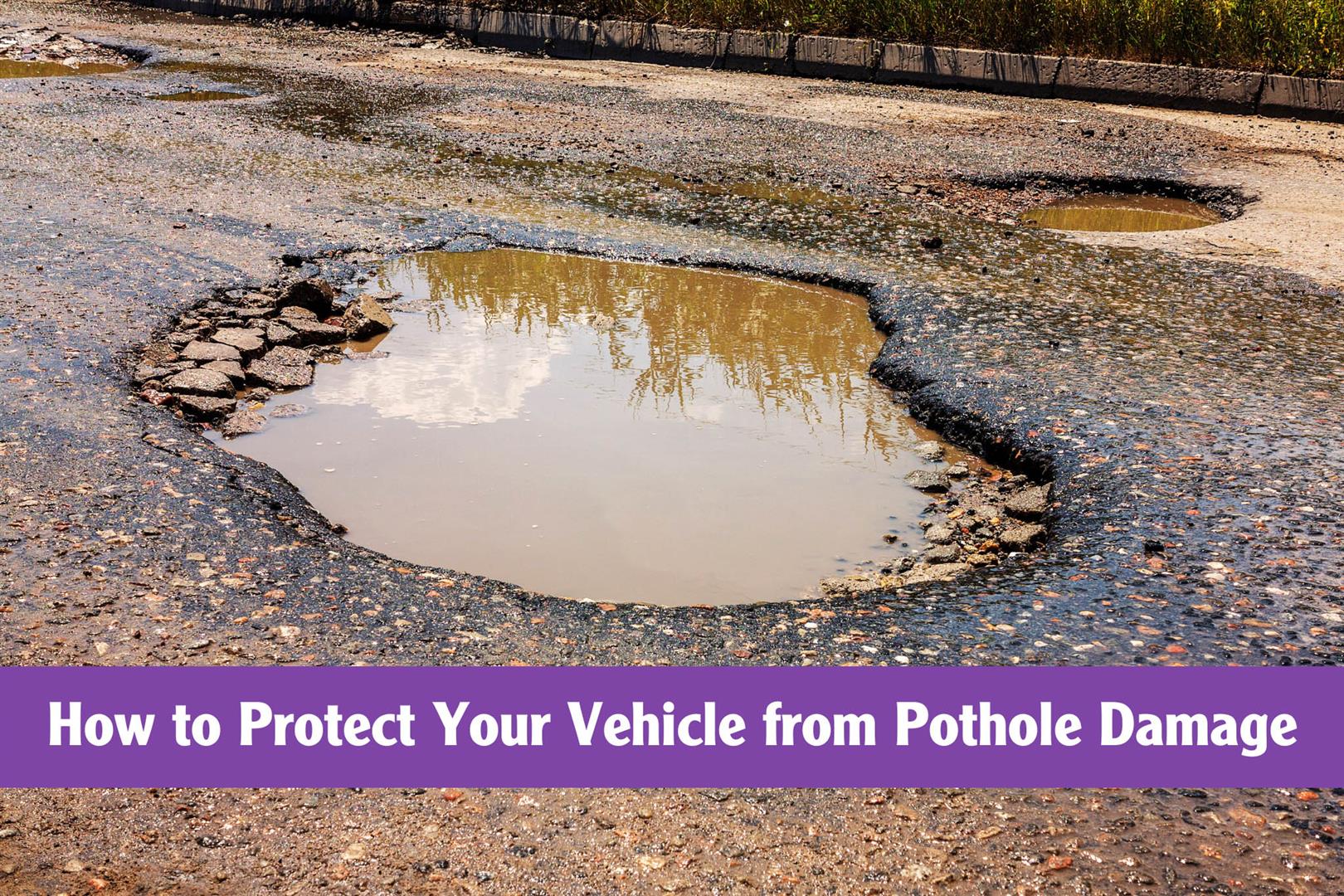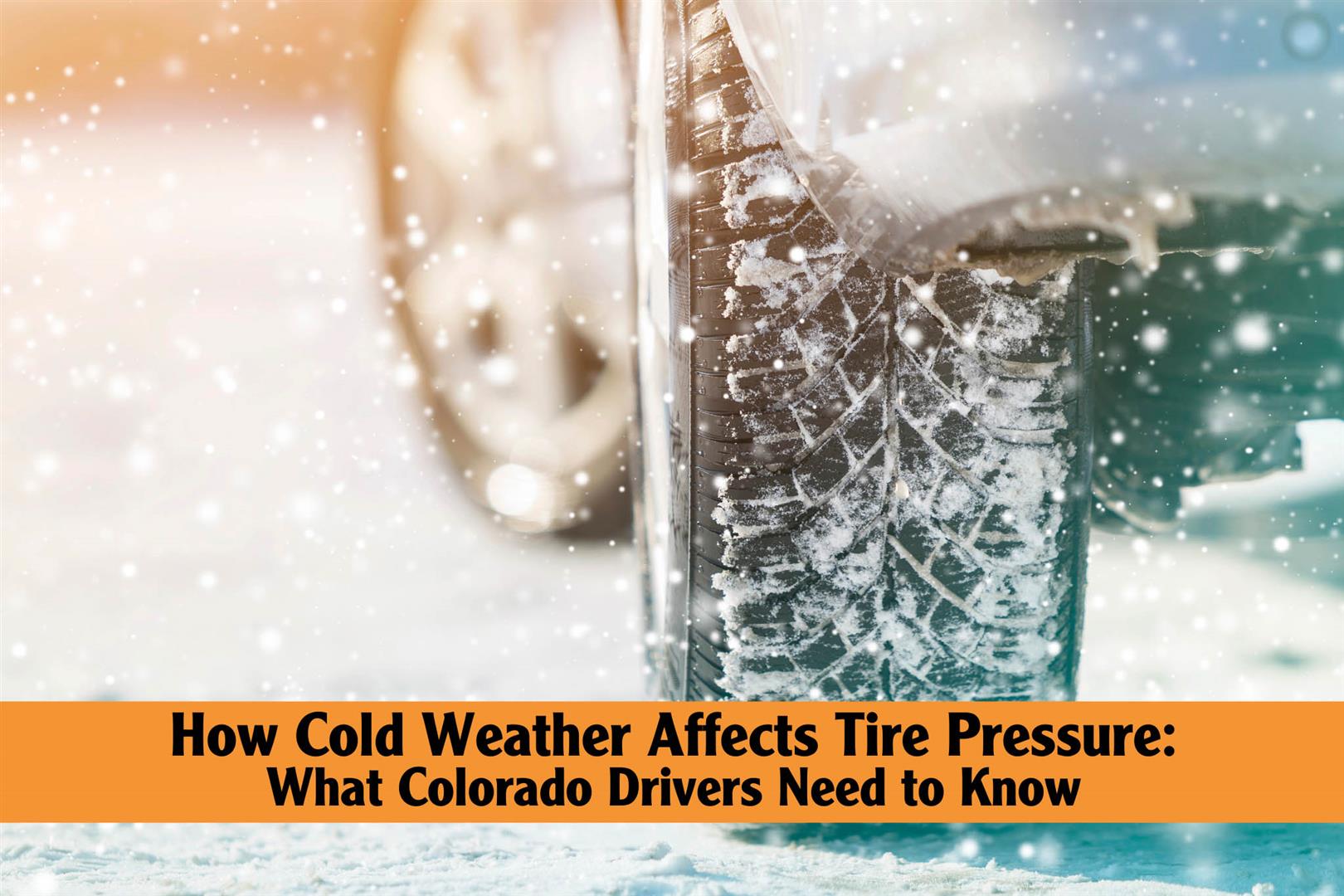Posted on 2/17/2025

As winter gives way to spring, potholes start appearing on roads across Colorado. These road hazards are more than just an annoyance—they can cause serious damage to your vehicle. From bent rims to alignment issues, hitting a pothole can leave you with unexpected repair bills. Here are some tips to help you protect your car from pothole damage and keep it running smoothly. 1. Check Your Tires Regularly Your tires are the first line of defense against pothole damage. To reduce the risk: Maintain proper tire pressure: Underinflated or overinflated tires are more prone to damage when hitting a pothole. Inspect tread depth: Worn tires are less effective at absorbing the impact, increasing the chances of damage. 2. Slow Down and Stay Alert Speeding over potholes increases the likelihood of damage. Instead: Drive cautiously, especially on roads you know are prone to potholes Avoid distractions and keep an eye on ... read more
Posted on 2/10/2025

Valentine’s Day is a perfect opportunity for a romantic road trip or a cozy escape to the mountains. Whether you’re planning a drive to Eldora for skiing, a scenic journey along Colorado’s winding roads, or a night out in Boulder, ensuring your vehicle is in top shape will help you focus on making memories instead of dealing with car troubles. 1. Check Fluid Levels Before heading out, take a moment to check your vehicle’s vital fluids: Oil: Clean oil ensures your engine runs smoothly and efficiently. Coolant: Proper coolant levels prevent your engine from overheating, especially on mountain climbs. Windshield washer fluid: A full reservoir of winter-grade fluid will keep your windshield clear from road spray and ice. For added protection and performance, consider our Premium ULTRA Oil Service, which includes BG MOA and BG 44K additives to keep your engine running like new ... read more
Posted on 1/27/2025

There’s nothing worse than sitting in a freezing car on a chilly Colorado morning because your heater isn’t working. A malfunctioning heater can turn your winter commute or ski trip into an uncomfortable experience. Let’s explore why your car heater might not be working and what you can do to fix it. Common Reasons Your Car Heater Isn’t Working1. Low Coolant Levels Your heater relies on engine coolant to produce warm air. If the coolant is low due to a leak or insufficient levels, your heater won’t function properly. 2. Thermostat Issues A faulty thermostat can prevent your engine from reaching the correct operating temperature, leaving your heater blowing lukewarm or cold air. 3. Clogged Heater Core The heater core transfers heat from the engine to the cabin. Over time, debris or corrosion can clog the core, restricting the flow of warm air. 4. Blower Motor Problems ... read more
Posted on 1/20/2025

Winter in Colorado is breathtaking, but snowy roads and mountain passes can quickly turn a dream drive into a stressful experience. Whether you're heading to Eldora or braving I-70 for a weekend ski trip, being prepared is essential. Here’s your ultimate winter road trip checklist to ensure a smooth and safe journey: 1. Inspect Your Tires Winter tires are a must for Colorado's icy roads. Check your tread depth and tire pressure, as cold weather can cause a drop in PSI. Don’t forget to carry tire chains if you're heading into the mountains—they’re required in certain areas during snowstorms. 2. Check Your Battery Freezing temperatures can drain your car battery quickly. If your battery is more than three years old, consider having it tested. A weak battery in subzero conditions could leave you stranded. 3. Top Off Fluids Make sure your coolant is filled and mixed properly for wint ... read more
Posted on 1/13/2025

When winter arrives in Colorado, the temperature isn’t the only thing that drops – your tire pressure does too! As the mercury falls, the air inside your tires contracts, causing a decrease in pressure. This can lead to reduced fuel efficiency, uneven tire wear, and even safety risks. Let’s dive into why tire pressure matters and how to keep your tires road-ready this winter. Why Does Tire Pressure Drop in Cold Weather? For every 10-degree Fahrenheit drop in temperature, your tires can lose about 1-2 psi (pounds per square inch). For example, a tire properly inflated at 35 psi when it’s 70°F may drop to around 30-31 psi at 20°F. Since Colorado winters often bring significant temperature swings, this change can catch drivers off guard. Low tire pressure impacts more than just your ride comfort. It increases rolling resistance, which means your car has to work harder, lowering fuel efficiency. It also leads to uneven tire wear, shorteni ... read more